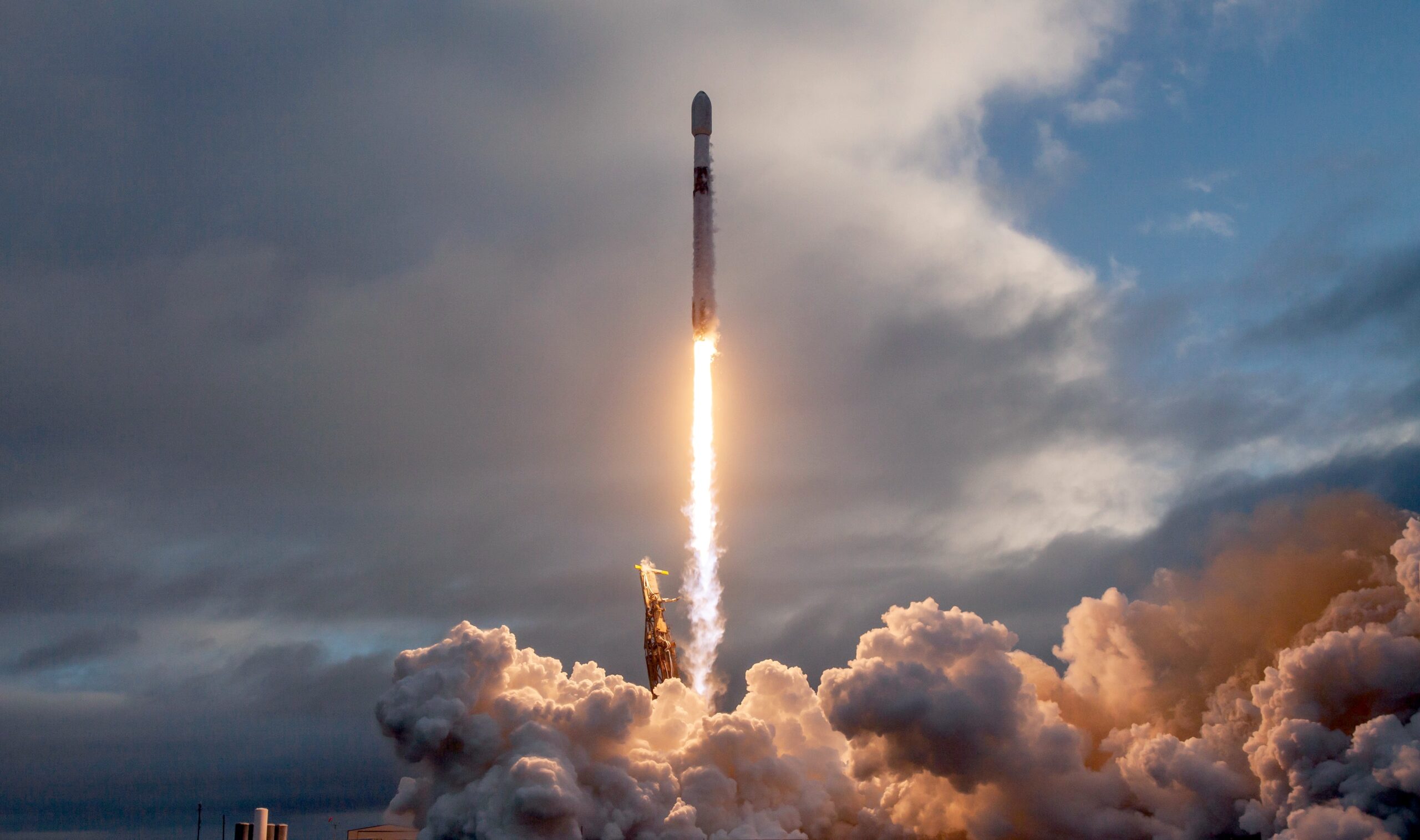Taiwan Issues Air Raid Alert Amid China Satellite Launch

On Tuesday, Taiwan issued a domestic air raid alert, signaling a moment of heightened tension just days before its pivotal presidential and parliamentary elections. The warning came in response to a Chinese rocket carrying a satellite passing over Taiwan’s southern airspace. The alarm was sent to mobile phone users across the island shortly after 3 p.m. local time, coinciding with Chinese state media’s confirmation of the science satellite’s launch.
The “presidential alert” used the term “missile” in its English version. However, it referred to the event as a “satellite launch by China” in Chinese. This inconsistency led to Taiwan’s defense ministry later attributing the discrepancy to “negligence” in translation and clarifying that the event was, in fact, a satellite launch.
In a broader context, Beijing views Taiwan as part of its territory. It has framed the upcoming Taiwanese elections as a stark choice between war and peace. Taiwan, on the other hand, staunchly rejects China’s sovereignty claims. This incident adds to the existing tension, as Taiwan perceives China’s actions as increasingly aggressive.
During an international news conference, Taiwanese Foreign Minister Joseph Wu addressed the alert, describing the satellite launch as part of a continuing pattern of harassment from China. He referred to recent incidents, like Chinese balloons being spotted over Taiwan, as “gray-zone activities,” hinting at the ongoing psychological warfare and the looming threat of conflict between the two nations.
China’s state media reported that the satellite launched was the Einstein Probe, a device dedicated to high-energy astrophysics and astronomy. The launch, originating from Sichuan province, was not pre-announced, nor were flight details shared — an omission that contrasts with China’s previous satellite launches, none of which had flown over Taiwan or triggered any alerts.
On the Taiwanese side, the defense ministry later stated that the rocket had flown more than 500 km (310 miles) above Taiwan’s southern part. They assured that debris had fallen only on China. They acknowledged the flight path as “abnormal,” posing potential risks on the ground.
The ministry’s miscommunication in the English translation of the alert was not taken lightly. An in-depth review was promised to prevent such errors in the future. Meanwhile, during a campaign event, Taiwan’s President Tsai Ing-wen reassured the public, saying, “This is a satellite, not a missile — don’t worry.”
However, the main opposition party in Taiwan, the Kuomintang Party, criticized the government for the misleading alert, thereby adding a layer of political complexity to the situation. The party’s reaction reflects Taiwan’s internal political dynamics, especially in the backdrop of the upcoming elections.
Taiwan has also accused China of threatening aviation safety and engaging in a psychological warfare campaign with its recent spate of balloon activities. These actions are seen as part of China’s larger “gray zone” strategy, which involves increased military activities like regular fighter jet flights over the Taiwan Strait, aimed at wearing down Taiwan’s resolve without escalating to full-scale military conflict.
























